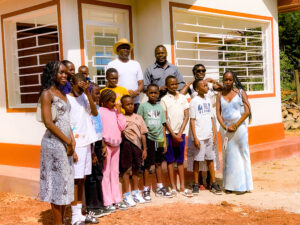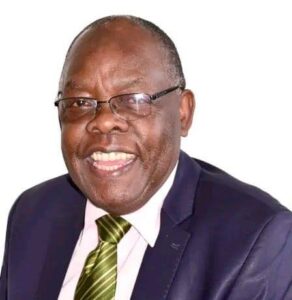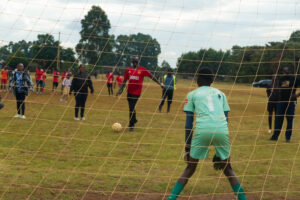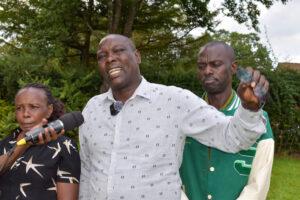Kenya Launches Expanded Polio Laboratory to Boost Disease Surveillance
The new laboratory will function as a National and Inter-country Reference Centre and render indispensable diagnostic assistance not only to Kenya

The Ministry of Health added that the facility has been made possible by collaborations with key partners such as the World Health Organisation (WHO), the Bill and Melinda Gates Foundation, and eHealth Africa. Photo/ Courtesy
By Juliet Jerotich
Kenya made a significant step towards improved health security after the commissioning of an expanded Polio Laboratory at the Centre for Virus Research, Kenya Medical Research Institute (KEMRI). The lab, commissioned by Health Cabinet Secretary Aden Duale, will play a leading role in the detection and surveillance of polio and other infectious diseases.
The new laboratory will function as a National and Inter-country Reference Centre and render indispensable diagnostic assistance not only to Kenya but also to the other neighboring countries like Somalia, Eritrea, Djibouti, and Comoros. The regional strategy is for better early detection of outbreaks and disease control interventions across borders.
One of the lab’s greatest benefits is that it will have the capability of doing genomic sequencing locally. This will significantly reduce turnaround times on results, enabling them to respond more quickly to potential health crises. The work would otherwise have to be sent abroad, which delayed disease tracking and control.
The Ministry of Health added that the facility has been made possible by collaborations with key partners such as the World Health Organisation (WHO), the Bill and Melinda Gates Foundation, and eHealth Africa. The collaboration is an indication of the global commitment towards the eradication of polio as well as the building of public health systems.
The ministry revealed in a release that the vision of the laboratory is very much in line with the Bottom-Up Economic Transformation Agenda (BETA) for Health. Through the expansion of diagnostic and surveillance capabilities, the government can be best placed to make sure that major health services become more accessible, especially to vulnerable groups.
While founded on polio eradication, the lab is already growing in size. It is a multi-pathogen genomic lab sequencing not only polio but Mpox, rubella, measles, and enteric viruses, too. With this multi-disease strategy, the country is well positioned to predict and prepare against future public health threats.
The enhanced facility is consistent with Kenya’s continued polio eradication endeavor and leadership of the overall UHC agenda through the Taifa Care Model. Through its enhanced capacity to diagnose diseases and respond to outbreaks, Kenya not only secures its citizens but also ensures global health security.






